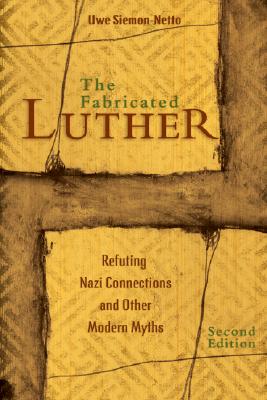 Greenleaf Press proudly announces the publication of Voices of the Renaissance and Reformation, edited by Robert G. Shearer. Voices includes 31 original source selections by 19 of the key figures from the Renaissance and Reformation.
Greenleaf Press proudly announces the publication of Voices of the Renaissance and Reformation, edited by Robert G. Shearer. Voices includes 31 original source selections by 19 of the key figures from the Renaissance and Reformation.
The Renaissance selections include sonnets by Petrarch, a letter by Lorenzo de’ Medici, excerpts from the notebooks of Leonardo da Vinci, sermons by Savonarola, and excerpts from Machiavelli’s The Prince.
The Reformation selections include important writings from Martin Luther, John Calvin, and John Knox including autobiographical accounts of their own conversions. Also included are The 67 Articles of Ulrich Zwingli, the Schleitheim Confession by Michael Sattler, and the Reply of John Wycliffe to his Summons by the Pope to come to Rome.
We are particularly pleased to be able to include in this collection several recently published texts from the Reformation, including two letters from Conrad Grebel (the leader of the Anabaptists in Zurich) to Thomas Müntzer, the leader of the Peasant Rebellion, written in 1525. The letters of Grebel are included by permission from Herald Press of Scottsdale, PA.
Also included in the collection is a lengthy selection from William Tyndale‘s An Answer Unto Sir Thomas More’s Dialogue in which Tyndale eloquently defends his translation of the New Testament into English and his use of the words congregation, elder, and love (rather than church, priest, & charity) which More had charged were serious errors.
The selections from Martin Luther include the complete text of The 95 Theses (1517), as well as lengthy selections from his three great essays of 1520:
- Address to the Christian Nobility of the German Nation ( Aug 1520)
- On the Babylonian Captivity of the Church ( Oct 1520)
- On the Freedom of a Christian (Nov 1520)
The selections from John Calvin include The Geneva Confession of 1536 and his Reply to Cardinal Sadoleto, written in 1539.
Editor Robert Shearer observed, “Textbooks provide an overview of a time period. A biography helps us to understand the significance of a historical figure, but if you really want to know the people and the times, you must read what they wrote in their own words.”
The source collection should prove to be a valuable resource for students of all ages who wish to study the Renaissance and Reformation, particularly for high school and college students.
Voices of the Renaissance and Reformation is an 8″x10″ paperback, 194 pages and is available for $18.95 directly from Greenleaf Press.
